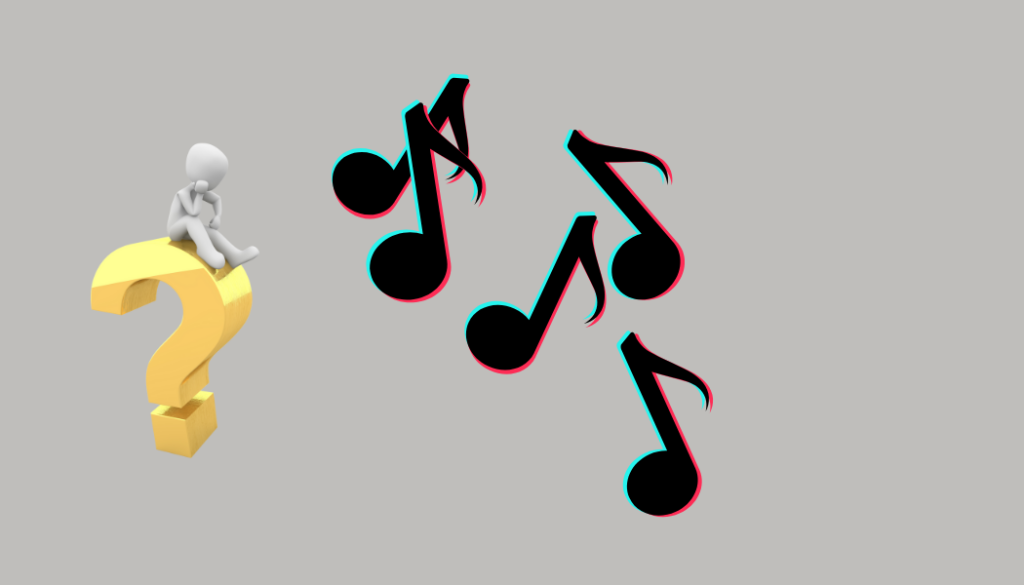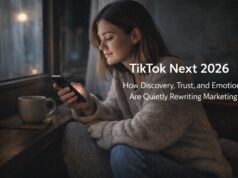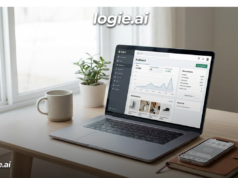TikTok’s future in the United States remains limbo as ByteDance scrambles to find a suitable buyer to comply with U.S. regulations.
The Protecting Americans from Foreign Adversary Controlled Applications Act, recently upheld by the Supreme Court, requires ByteDance to sell TikTok’s U.S. operations or face a complete ban.
The initial January 19 deadline passed, and TikTok temporarily shut down its services in the U.S. Still, a last-minute 75-day extension from President Donald Trump has given ByteDance more time to negotiate a deal.
Meanwhile, multiple high-profile buyers- billionaires, major corporations, and even unexpected figures are lining up, hoping to take control of the world’s most influential social media platform.
Why is TikTok Up for Sale?
TikTok’s troubles with the U.S. government are nothing new. Since 2020, concerns about data privacy, national security, and ByteDance’s ties to China have intensely scrutinised the platform.
U.S. lawmakers fear that TikTok’s user data could be accessed by the Chinese Communist Party, a claim ByteDance has consistently denied.

In response, the U.S. government passed legislation forcing ByteDance to sell TikTok to an American entity or shut it down entirely.
The situation reached a boiling point when the Supreme Court upheld the divest-or-ban law, temporarily leading ByteDance to suspend TikTok’s U.S. operations on January 19.
However, following backlash from users and creators, TikTok resumed operations after President Trump intervened with a 75-day extension to allow more time for negotiations.
Who is Interested in Buying TikTok?
Elon Musk has been at the centre of rumours regarding a potential acquisition. Reports surfaced that the Chinese government might prefer selling TikTok’s U.S. assets to Musk, given his longstanding business ties with China through Tesla. Musk, who owns X (formerly Twitter), has not publicly commented on the matter, but TikTok has dismissed the rumours as “pure fiction.”
While a Musk-owned TikTok would undoubtedly see significant changes, potentially more relaxed content moderation policies and tighter AI integrations, it remains unclear whether he is seriously pursuing a deal.
Frank McCourt, billionaire real estate mogul and former owner of the Los Angeles Dodgers, has openly expressed interest in acquiring TikTok. McCourt envisions a decentralized future for social media, where users control their data rather than large corporations.
His proposal involves restructuring TikTok onto an open-source protocol that allows for better transparency in data management.
While this approach has gained traction among privacy advocates, questions remain about how feasible it would be to rebuild TikTok’s entire infrastructure while maintaining its existing business model.
Jimmy Donaldson (MrBeast), one of the world’s most influential content creators, briefly hinted at his interest in purchasing TikTok.
While this was likely more of a statement than a formal bid, his comments sparked discussions about whether a creator-led coalition could be involved in TikTok’s future.
Given MrBeast’s massive influence over TikTok’s creator economy, his involvement could be significant in shaping the platform’s next chapter, whether as an investor or an advocate.
Larry Ellison, co-founder of Oracle, has also emerged as a potential buyer. Oracle has a history with TikTok, having previously entered talks with ByteDance to host TikTok’s U.S. user data on Oracle cloud servers in 2020.
President Trump has suggested that Ellison and Oracle could be strong candidates for acquiring TikTok, given their existing relationships with the U.S. government and their ability to address security concerns. However, Oracle would need to prove its capability to run a social media platform at scale, something it has not done before.
Major Tech Companies, including Meta, Google, and Microsoft, are also rumoured to be evaluating the possibility of buying TikTok.
Meta would benefit from eliminating its biggest rival, but antitrust laws would likely block any acquisition.
With extensive AI and cloud infrastructure expertise, Google could run TikTok effectively but would face the same regulatory challenges.
Microsoft, which attempted to buy TikTok in 2020, might revive its bid, using its cloud computing and AI capabilities to enhance TikTok’s operations. However, all these companies would face significant scrutiny from regulators concerned about Big Tech consolidating even more power over social media.

How Are TikTok Users Reacting?
The uncertainty surrounding TikTok’s future has left creators, businesses, and everyday users frustrated and anxious.
Many influencers rely on TikTok for their primary income, and a potential sale or, worse, a shutdown could severely disrupt their careers.
Businesses that have built marketing campaigns around TikTok’s unique algorithm are also worried about how a change in ownership might impact engagement and ad targeting.
General users have voiced frustration over TikTok’s temporary removal from app stores, which prevented new downloads and updates.
Some have even resorted to buying phones with TikTok pre-installed for inflated prices to ensure they still have access to the app.
Meanwhile, many content creators are hedging their bets by diversifying their presence on other platforms like Instagram Reels and YouTube Shorts. This shift suggests that while TikTok remains the dominant short-form video platform, its audience is preparing for a possible post-TikTok landscape.
What Happens Next?
Several possible scenarios could play out in the coming weeks. One possibility is that TikTok gets sold to a private buyer, such as Elon Musk, Frank McCourt, or Larry Ellison, which would lead to changes in data policies and platform operations.
Another potential outcome is a joint venture between ByteDance and U.S. investors, where ByteDance retains some ownership while meeting U.S. security requirements.
A third possibility is that ByteDance fights back against the U.S. government’s mandate by challenging the law in court, arguing that TikTok can meet security regulations without a forced sale.
Finally, if negotiations fail, TikTok could face a permanent ban, marking the biggest shake-up in social media history.
The battle over TikTok’s ownership concerns more than just one platform: data privacy, government regulation, and the future of digital influence.
The outcome of this sale will set a precedent for how foreign-owned apps operate in the United States and could influence global tech policies for years to come.
As negotiations continue, TikTok’s millions of creators and users are left in a state of uncertainty, hoping that whoever takes control of the platform will preserve the creative community that has made TikTok one of the most powerful forces in social media today.
What do you think? Should TikTok be sold, banned, or left alone? Let us know in the comments!










